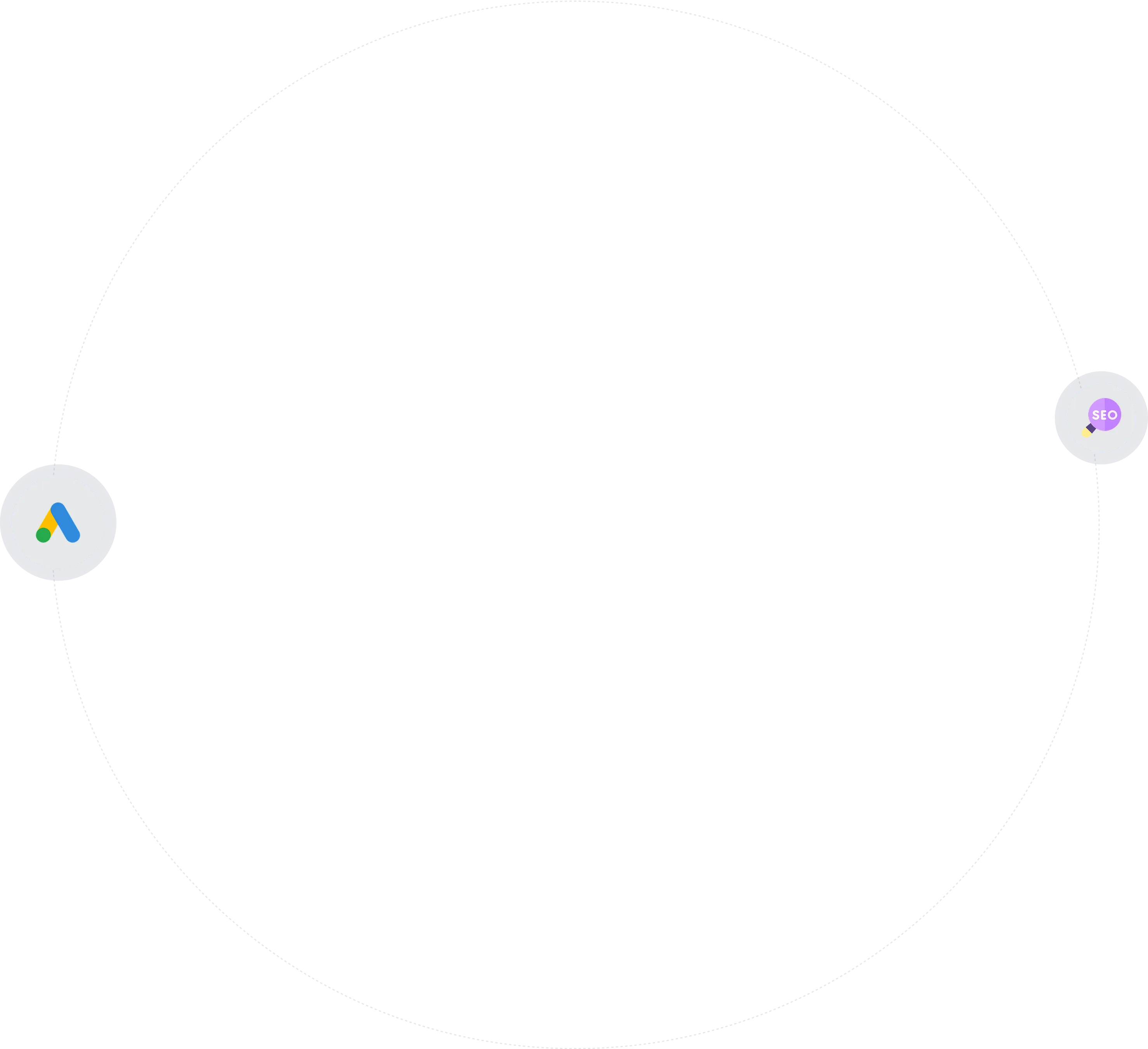
Linkjuice: What is it? How can you influence it?

.webp)

The most important facts in a nutshell






.webp)

Then now is the right time! Together we will turn your website into your strongest sales channel - with a clear strategy and measurable growth.
Get free adviceLink juice is also known as “Google Juice” and is used to describe the distribution of backlinks on a website and their strength. Each link has a certain value, which is passed on via a dofollow link. The quality and number of backlinks determine how the link juice is composed and what effect is achieved.
Background: The Linkjuice and its Development
In the past, PageRank, for example, was introduced to determine the value of a domain or to be able to read out the strength of a domain. The same happened with systems such as AuthorRank or TrustRank, which no longer exist in this form today, but instead there are various algorithms, particularly at Google, which weight certain factors. However, the algorithm is not public, although some evaluation factors for web content have been openly communicated by Google. Linkjuice is therefore more of a meta term, which leaves room for interpretation, and the concept of this method Originates from Greg Boser, which was the first time the link strength to other areas of the website or to an external website was passed on. However, there are other factors that play a role here, such as ranking, SERPs, meta data and, in particular, content.You can imagine the “link juice” as a kind of large river with various long branches. The main artery is the homepage, which has the largest share of link juice. The subpages are a kind of secondary vein, which benefit from the homepage or other links. The link juice must be distributed evenly, which is why internal linking is so important, but many webmasters neglect it completely.
How Linkjuice works on your website
Linkjuice can be controlled on your website as desired and, above all, in a targeted manner, which strengthens money pages (pages that are particularly important for your offer), for example. Legal subpages such as the privacy policy or the legal notice do not require linkjuice and do not have to receive it from the main page, and this should also be taken into account in the SEO concept with regard to on-page optimization so that these subpages do not receive any link juice. Some time ago, these pages were marked with a nofollow attribute, but this was not in the interest of Google, as the attribute was misused, it was actually intended to combat spam, so Google changed the guidelines, which means that since 2009 nofollow links can also pass on the link juice. For this reason, it is necessary that internal links are always linked with DoFollow. Instead, subpages such as the imprint should be excluded from crawling, which you can do with robots.txt, for example. Some SEO plugins for WordPress, such as Rank Math, can also exclude crawling through the interface via “noindex.”
Link Juice or PageRank — Is there a difference?
In practice, link juice is seen as a synonym for PageRank, but this is not actually the case. PageRank is a term coined by Google and describes how much power a link can “pass on” to a subpage. PageRank can be expressed in figures, whereas link juice is more of a construct that describes the “transfer” of link power. The two cannot be compared with each other, as they are different constructs.
What significance does linkjuice have for SEO?
Although this is an abstract concept, it can be used as a guide for search engine optimization (SEO). In this context, it is important that a high-quality backlink (from a premium source) points externally to a website so that it receives link power. On the other hand, it is also important that the link power is passed on via internal linking. The term “PageRankflow” has become established here. It should be noted that the internal links can also be linked via keyword anchor texts. All of this can be planned beforehand in an SEO strategy.
How can you recognize high-quality link juice?
High-quality link juice comes from websites with these factors:
- Page with relevant content
- Authority in the Niche/in the Topic
- Few outgoing links
- High-quality content
- Also carries user-generated content
- Achieves traffic
- Frequently mentioned on social media
How can ineffective link juice be recognized?
Ineffective Link Juice can be recognized by the following factors:
- Content unrelated to the topic of the website
- High number of external links
- No Ranking in the Search Engine
- Link is created by Direct Link Exchange (Link is neutralized)
- Site has no content
It is therefore not a good idea to buy links from link farms or post spam comments in blogs or forums. Since Google's Pengiun update at the latest, the quality requirements are decisive and should be taken into account. there is the possibility of being linked from premium sources such as newspapers. However, this is only possible if you work with an agency such as us. Otherwise, editors are less interested in publishing the content. If you have any further questions or would like to get in touch with us about a collaboration, please use our contact page.
Are you ready for rocket growth?
Arrange your personal consultation now and find out how we can help you get ahead in search engine marketing. Whether you run a small company or are responsible for a large corporation - we will find the right solution for you.


.svg)
.webp)
.webp)




.webp)
.jpg)



.webp)








